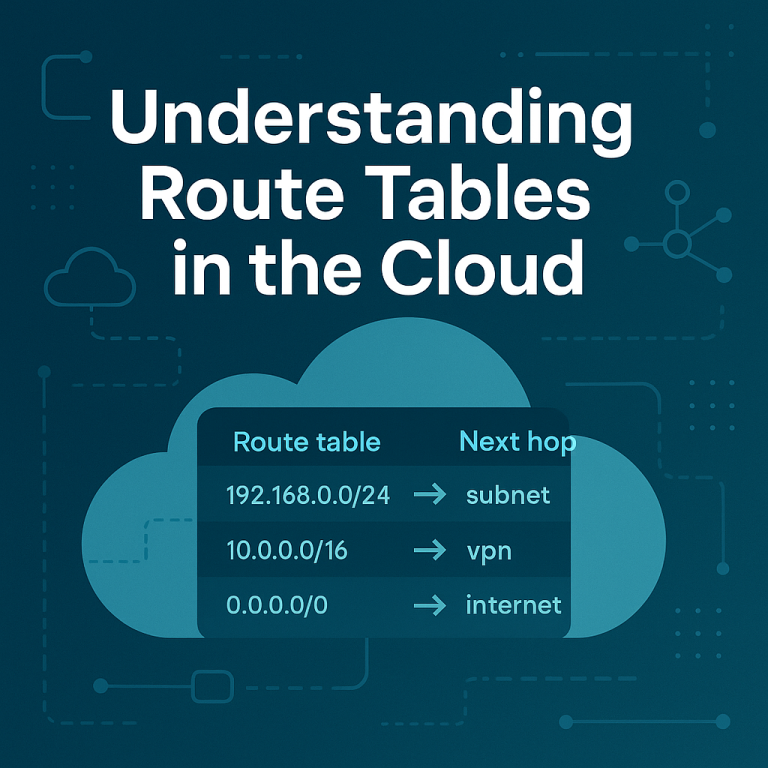For small businesses looking to remain competitive and agile, AI adoption is no longer a “nice-to-have”—it’s becoming a necessity. However, incorporating AI into a business can seem daunting, especially for organizations without large budgets or in-house technical expertise. The good news? Building momentum for confident AI adoption is entirely achievable with the right strategies.
This blog explores how small businesses can effectively begin their AI integration journey, leverage key business functions, and surmount common challenges to unlock newfound efficiencies and growth opportunities.
Why Small Businesses Should Embrace AI
AI is revolutionizing industries by streamlining operations, enhancing decision-making, and creating personalized customer experiences—all while saving time and resources. For small businesses, AI offers a unique competitive edge by enabling growth and scalability without the need to expand your team.
Here’s how AI can benefit your business:
- Enhanced efficiency: Automate repetitive, time-consuming tasks to focus on what matters most.
- Smarter decision-making: Turn complex data into actionable insights with ease.
- Cost-effectiveness: Optimize resource usage to cut overhead expenses.
- Stronger customer connections: Anticipate needs and tailor experiences to build lasting relationships.
For small businesses looking to scale, AI isn’t just an option—it’s a game-changer.
Building Momentum: The Path to Confident AI Adoption
Artificial intelligence (AI) is no longer a futuristic concept or a buzzword. For small businesses, it’s becoming a crucial tool to remain competitive and improve operational efficiency. However, AI adoption can feel like a daunting task for business owners who may not have the resources or expertise of larger enterprises.
This blog post addresses the challenges small businesses face when starting their AI integration journey, explains how to overcome common obstacles, and provides a practical roadmap to confidently adopt AI.
Why AI Matters for Small Businesses
AI tools are transforming the way businesses operate by streamlining workflows, improving customer interactions, and making data-driven decisions more accessible. For small businesses, AI provides an opportunity to level the playing field against larger competitors by reducing manual tasks and increasing overall productivity.
However, a recent Cognizant study highlights a key challenge—businesses often lag due to gaps in infrastructure, skills, and organizational readiness. The good news? With the right preparation, small businesses can bridge these gaps and successfully integrate AI into their operations.
The Benefits of AI Adoption
Before diving into the process, here are some benefits small businesses can expect from AI adoption:
- Streamlined Processes – Automate repetitive tasks like data entry, inventory management, or email sorting, saving time and reducing errors.
- Enhanced Customer Engagement – AI-driven tools like chatbots and recommendation engines create personalized experiences for customers.
- Cost Efficiency – By automating tasks and improving decision-making, businesses can save operational costs and redirect resources to growth initiatives.
- Data-Driven Decision Making – AI tools help businesses analyze vast amounts of data to uncover actionable insights previously out of reach.
Common Challenges in AI Integration
While the benefits are clear, small businesses often face several barriers to AI adoption:
- Limited Budget – Small businesses often hesitate due to high perceived costs. However, many affordable or free AI tools cater specifically to small enterprises.
- Lack of Expertise – Without a dedicated IT team, understanding and deploying AI can seem overwhelming.
- Fear of Tech Overhaul – Concerns about needing to completely change existing systems or workflows can delay decision-making.
Understanding these obstacles is the first step toward addressing them.
How to Build Momentum for AI Adoption
Here’s a six-step roadmap to help small businesses adopt AI confidently and effectively.
1. Identify the Business Need
Start by understanding the specific problem you want AI to solve. Is it reducing customer response time, automating administrative tasks, or analyzing sales trends? Having a clear objective will make it easier to choose the right AI tools.
Example: If your team spends hours responding to FAQs from customers, you might implement a chatbot to handle routine inquiries.
2. Start Small with Low-Cost Tools
You don’t need a massive investment upfront to adopt AI. Begin with user-friendly tools tailored for small businesses:
- Grammarly for improving written communication.
- QuickBooks for automating bookkeeping.
- Hootsuite’s AI features for managing social media.
Scalable tools ensure that you can expand their application as your business grows.
3. Invest in Training and Skill Development
One common misconception is that leveraging AI requires hiring a team of experts. Instead, you can focus on upskilling your current workforce with free or affordable online courses that teach AI fundamentals, such as AI for Everyone by Andrew Ng.
Empowering your team to understand AI tools will ensure smoother integration and better adoption rates.
4. Leverage Cloud-Based AI
Cloud-based AI platforms are cost-effective, easy to deploy, and highly scalable. Popular cloud services such as Amazon Web Services (AWS), Google Cloud AI, and Microsoft Azure provide robust solutions suitable for small businesses. These platforms offer pre-built AI models, removing the need for in-depth technical expertise.
5. Prioritize Data Readiness
AI thrives on data, and ensuring your business data is structured and accessible is essential. For example:
- Organize customer data using a CRM system like HubSpot.
- Cleanse your data by eliminating duplicates or inaccuracies.
Starting with quality data will amplify the effectiveness of your AI tools and prevent errors.
6. Partner with Experts
When in doubt, collaborate with organizations or consultants specializing in AI implementation for small businesses. Many companies now offer tailored solutions to help you integrate AI effectively without significant disruption to your operations.
Real-Life Examples of AI Integration
- Customer Service: A small e-commerce retailer implemented an AI chatbot to handle 70% of their inquiries, freeing up staff to focus on complex issues.
- Marketing: A café used an AI-powered social media tool to schedule posts and analyze engagement, resulting in a 30% increase in foot traffic.
- Inventory Management: A local boutique adopted AI tools to manage inventory and predict demand, reducing overstock and waste.
The Role of Mindset in Successful AI Integration
Adopting AI shouldn’t feel like a burden. Instead, think of it as a tool to help you achieve better outcomes with the resources you already have. By viewing AI as part of your business growth strategy, you’ll approach its integration with optimism and confidence.
Building Long-Term AI Momentum
AI adoption is not a one-time event; it’s a gradual process. Ensure your business remains adaptable by:
- Continuously monitoring AI performance and making adjustments.
- Staying updated on new AI advancements to maximize potential.
- Encouraging a culture of experimentation and learning.
The Time is Now
AI adoption may seem intimidating, but for small businesses, it represents an opportunity to play smarter, not harder. By starting small, investing in training, and selecting tools that align with your goals, you can build momentum and achieve confident AI integration.










